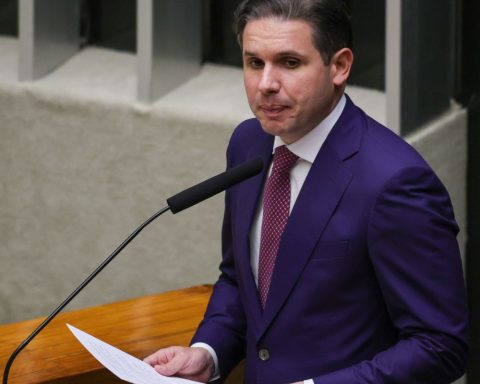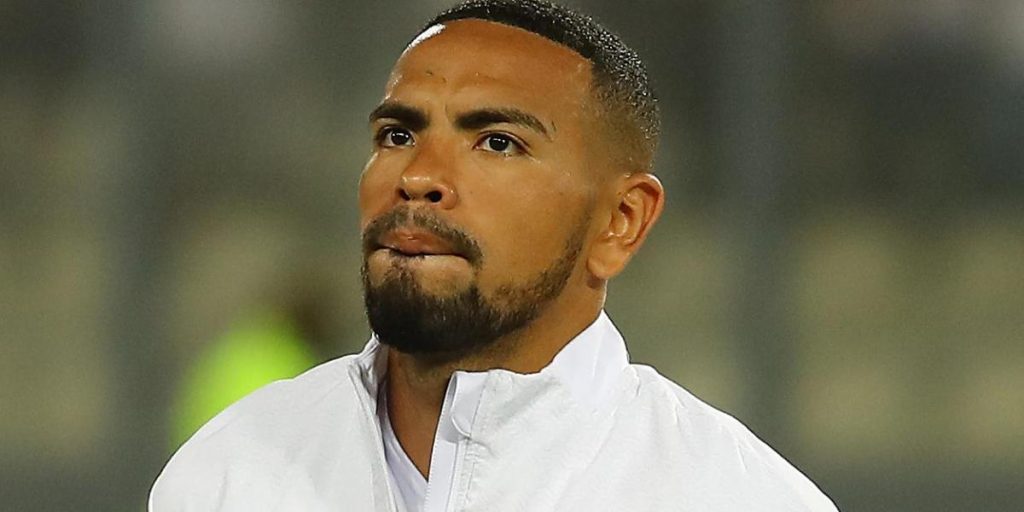The school year begins with the restriction of the use of cell phones in public and private schools in the country. The determination is federal law 15,100, sanctioned in early January this year, and seeking to limit the use of portable electronic devices in public and private schools, both in classrooms and recreation and intervals, but allows pedagogical use, or that is, when authorized by the teachers.

The new measure aims to protect children and adolescents from the negative impacts of screens on mental, physical and mental health, according to the Ministry of Education (MEC) and has been adopted in other countries, such as France, Spain and Denmark. However, because it is new in Brazil, the new law has raised doubts in the school community. To try to clarify, the Brazil agency Prepared a series of questions and answers about what the new law releases or prohibits, based on information from MEC, the Union of Teachers of the Municipality of Rio de Janeiro and the region (Sinprorio) and the Alana Institute.
When does the restriction of mobile phones begin to be worth?
Federal Law 15,100 is already in force, which prohibited the use of cell phones during classes, recess or intervals in basic education (children, elementary and middle). THE measure was sanctioned By President Luiz Inácio Lula da Silva on January 13, 2025. For the law to be applied correctly, the MEC prepares a regulation that must be disclosed by the end of February. Until then, it is up to educational institutions to define their own implementation strategies. For this, the ministry released manuals for schools and teaching networksciting cases where the ban is already in force and data to support the measure.
What are the reasons for prohibiting your cell phone?
According to the Ministry of Education, the measure was taken in the abundant evidence on the negative impact of devices on learning, concentration and mental health of young people. The goal is to allow students to participate in the activities and interact. Studies evaluated by MEC show that excessive use of screens impairs academic performance, reduces social interaction and increases the chances of depression and anxiety among young people.
Data from the Student Evaluation Program (Pisa), an international assessment, concluded that eight out of ten 15 -year -old Brazilian students assumed to have been distracted by the mobile phone in mathematics classes.
“We know that the digital world is important and how much digital education is also a fundamental dimension,” MEC’s Secretary of Basic Education said in a statement. “We want to optimize the use [dos dispositivos] And enhance the benefits, but mitigating the harmful effects, “he added.
The school will release tabletsin place of cell phones?
No. The new law also restricts the use of personal portable electronic devices, such as tabletsintelligent watches connected to the internet or not in schools.
How should apparatus in schools be kept?
Schools have the autonomy to define how the new law will work in each institution and schools should define the rules along with parents, teachers and students. Some schools in Rio de Janeiro and São Paulo already guide students to keep their devices off in backpacks, but there may be the option to put in individual cabinets or collective boxes.
What is the punishment for those who turn on the phone out of time?
MEC explained that each school should determine how to enforce the classroom law in partnership with the school community and how to oversee. This guidance is also in the guide available at Ministry Internet Page.
Will there be a fine to schools that do not comply with the law?
The supervision of compliance with the new law is an attribution of the municipal and state departments of education, but the law does not determine fines.
When can the phone be used?
The law allows the pedagogical use of the tool. In certain situations, mobile phone can enrich teaching practices, especially in contexts of inequality, where there is a need to develop digital and media education. In many schools, the cell phone is a pedagogical tool and the didactic material is electronic.
How can students communicate with families?
For accessibility, inclusion, health or emergency issues, the mobile phone was not prohibited. Those who need to communicate with parents to organize the family routine should do so under the guidance and knowledge of the school.
What is the role of parents?
In school guidelines, MEC reinforces parents’ assignment, so that they are informed about the rules and reinforce the measures at home, also clarifying the negative impacts of the use of screens.
“We are doing an action at school, but it is important to make parents aware to limit and control the use of these appliances outside the classroom, out of school,” said Education Minister Camilo Santana.
Ministry material also highlights as negative effects of inadequate use of delays in development and language, myopia, sleep and overweight problems, citing research from the Federal University of Santa Catarina (UFSC).
What are the expected benefits with the measure?
According to the president of the Union of Teachers of the Municipality of Rio de Janeiro and Region (Sinprorio), Elson Simões de Paiva, the measure favors the socialization of young people. “Their socialization is being done through mobile, more than person with person. So it is important that mobile phone use is more controlled within schools, ”he said, also charging further clarification from public schools on how new measures will be applied.
Are there recommendations for young children?
In childhood, there is an extra concern, after the announcement of loosening the moderation of content by platforms. THE Researcher Pedro HartungDirector of Child Policy and Rights at Instituto Alana told the Brazil agency that minors are more susceptible to crimes in the digital environment.
“We are talking, for example, of a growth of images coming from violence against the child, which can be used even to threaten them,” he said. “A growth, for example, of cyberbullyingand unauthorized exposure of the image and personal information, or to content that either represent or are even cruel and degrading treatment, hatred discourse, incitement and apology to crimes. “
For nursery and preschool, MEC recommends disrupted activities, prioritizing experiences that stimulate children’s creativity, interaction and motor development. In elementary and high school, the recommendation is always to prioritize, when possible, the use of digital devices of the school itself.
*Collaborated Mariana Tokarnia – Reporter of Agência Brasil.











